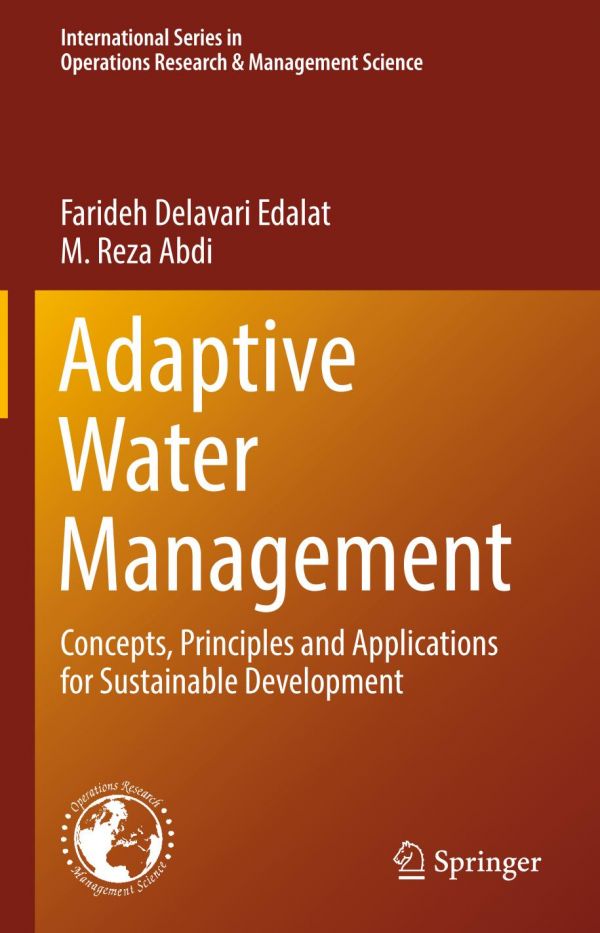

Most ebook files are in PDF format, so you can easily read them using various software such as Foxit Reader or directly on the Google Chrome browser.
Some ebook files are released by publishers in other formats such as .awz, .mobi, .epub, .fb2, etc. You may need to install specific software to read these formats on mobile/PC, such as Calibre.
Please read the tutorial at this link: https://ebookbell.com/faq
We offer FREE conversion to the popular formats you request; however, this may take some time. Therefore, right after payment, please email us, and we will try to provide the service as quickly as possible.
For some exceptional file formats or broken links (if any), please refrain from opening any disputes. Instead, email us first, and we will try to assist within a maximum of 6 hours.
EbookBell Team

5.0
90 reviewsThis book explores a new framework of Adaptive Water Management (AWM) for evaluating existing approaches in urban water management. It highlights the need to adopt multidisciplinary strategies in water management while providing an in-depth understanding of institutional interactions amongst different water related sectors.
The key characteristics of AWM i.e. polycentric governance, organisational flexibility and public participation are investigated and described through a critical review of the relevant literature. The book presents an empirical case study undertaken in a selected developing-country city to investigate the potential gaps between the current water management approaches and possible implementation of AWM. Feasibility of AWM operations is examined in an environment surrounded by established water management structure with centralised governance and an institutional process based on technical flexibility.
The key elements of AWM performance are (re)structured and transformed into decision support systems. Multi criteria decision models are developed to facilitate quantification and visualization of the elements derived from the case study, which is involved with water companies and water consumers. The book describes how the concept of AWM, along with structuring suitable decision support systems, can be developed and applied to developing-country cities. The book highlights the barriers for applying the AWM strategies that include established centralised decision making, bureaucratic interactions with external organisations, lack of organisational flexibility within the institutions, and lack of recognition of public role in water management. The findings outline that despite the lack of adaptability in the current water management in the case study, as an example of developing countries, there are positive attitudes among water professionals and the public towards adaptability through public-institutional participation.